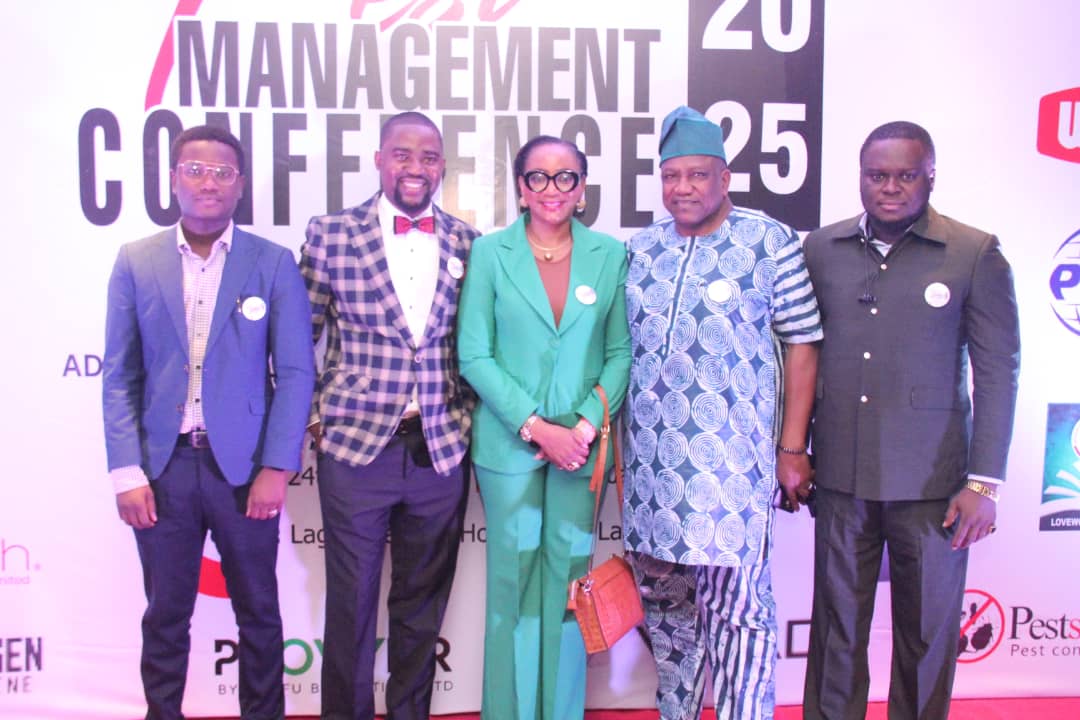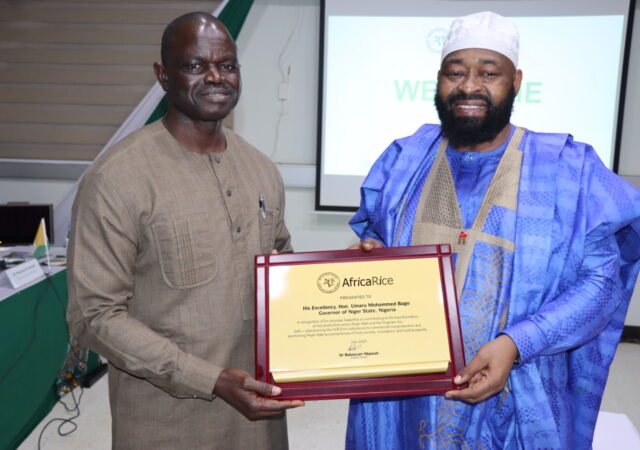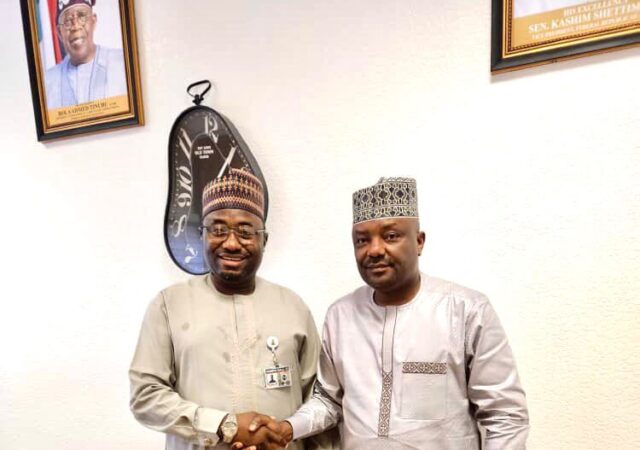Experts Advance Public Health Through Sustainable Pest and Vector Management
 Lagos, Nigeria – Stakeholders from across Nigeria’s pest management, public health, and environmental sectors converged at the Pest Management Conference held in Lagos on July 24 to advance public health through sustainable pest and vector management.
Lagos, Nigeria – Stakeholders from across Nigeria’s pest management, public health, and environmental sectors converged at the Pest Management Conference held in Lagos on July 24 to advance public health through sustainable pest and vector management.
Convened by PCO. Fortune Oluleye, Founder/CEO of DFortune and PestShop.ng, the conference provided a critical platform for dialogue, innovation, and collaboration in addressing one of Nigeria’s most overlooked public health and food security threats—pests and disease vectors.
With the theme: “Advancing Public Health Through Sustainable Pest and Vector Management Practices,” the conference sought to shift national focus from reactive health treatment to proactive disease prevention and environmental control.
“This conference is an opportunity to gather industry practitioners, government agencies, and the public to reflect on the broader challenges pests pose to our health, food security, and economic development.
 “We often focus heavily on clinical care—hospitals, drugs, injections—but overlook the root causes like mosquitoes, rats, cockroaches, and other disease carriers.
“We often focus heavily on clinical care—hospitals, drugs, injections—but overlook the root causes like mosquitoes, rats, cockroaches, and other disease carriers.
“Pest management is not just about sanitation; it’s about prevention, and ultimately, sustainability,” Oluleye said.
He stressed that Nigeria loses a significant portion of its food to pest-related spoilage before it ever reaches the market, compounding the problem of hunger.
He emphasized the need for pest control practices that are both effective and environmentally responsible, ensuring that interventions do not harm food or ecosystems.
In a goodwill message, PCO Kunle Williams, National President of the Pest Control Association of Nigeria (PECAN), reiterated the critical role pest management plays in national health, safety, and food systems.
“The theme of this conference is not only timely, it is vital to our nation’s wellbeing,
“From malaria and Lassa fever to food spoilage and home infestations, pests remain a significant threat to our society.
“Our industry must remain professional, ethical, and committed to sustainable practices,” Williams said.
He also raised concerns over the growing menace of unqualified practitioners (quackery) in the pest control sector, calling for stronger regulation, standardized training, and greater collaboration among licensed operators.
“We urge all pest control operators to register with PECAN to benefit from continuous professional development, technical support, and a unified front against malpractice,” he said.
The conference featured technical sessions, networking forums, and showcases of eco-friendly pest control solutions.
Participants included licensed pest control professionals, environmental officers, public health practitioners, educators, and representatives from government agencies.
The event ended with a shared resolution to prioritize prevention, invest in training, and uphold sustainable practices that protect both people and the planet.








I’ve read similar posts, but yours stood out for its clarity.
I appreciate your unique perspective on this.
I’ve bookmarked this post for future reference. Thanks again!